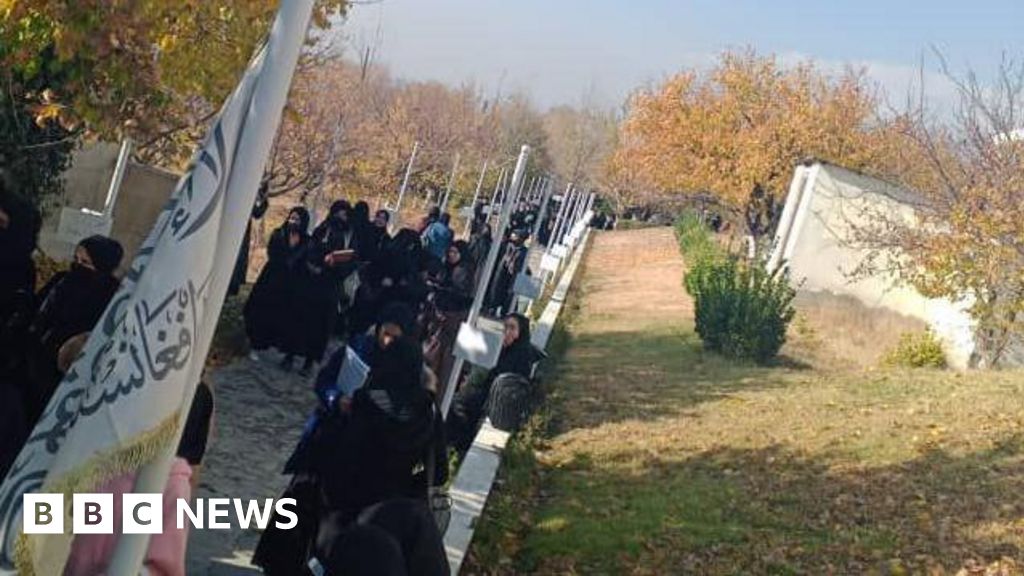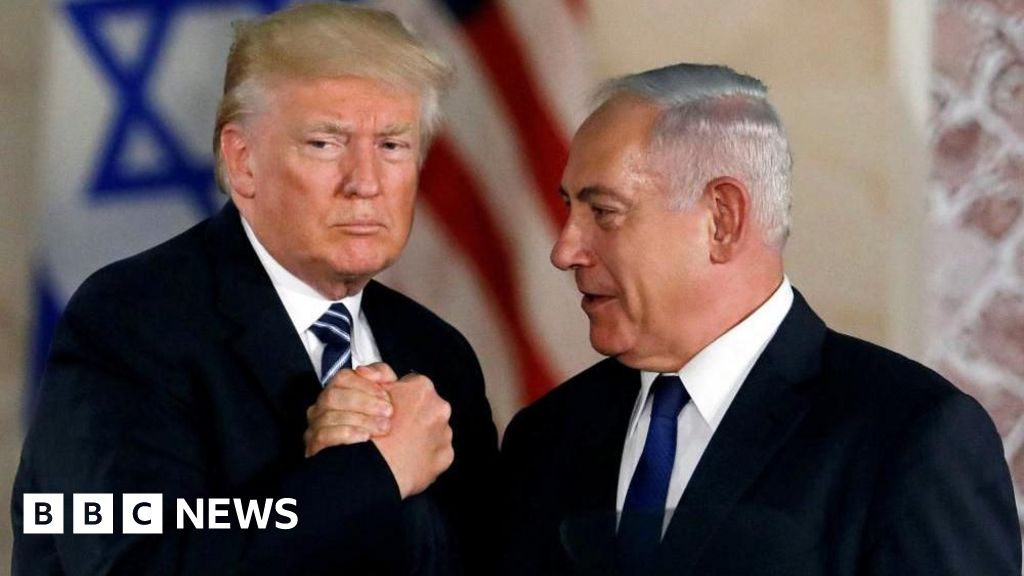The Israeli military also said it was battling “new enemy targets” in southern Lebanon. An escalation in fighting could undermine efforts to reach a cease-fire between Israel and Hezbollah.

Nov. 15, 2024, 6:04 a.m. ET
The Israeli military kept up its heavy bombardment of a once densely populated area adjoining Beirut on Friday after saying its ground troops were battling new targets in southern Lebanon, signaling an intensification in the fighting that could further undercut cease-fire efforts.
The airstrikes on the Dahiya, the area south of the Lebanese capital where the militant group Hezbollah holds sway, were the latest in a string of bombardments this week. The Israeli military issued fresh evacuation warnings just after dawn on Friday, and the bombardment began soon afterward — leveling at least one high-rise residential building and sending thick plumes of smoke and debris through the streets.
There were also signs that Israel’s ground invasion aimed at Hezbollah infrastructure in southern Lebanon was widening. The Israeli military said in a statement on Thursday that its commandos were conducting ground operations against “several new enemy targets” in the area.
The military also said it had struck command centers belonging to Hezbollah’s elite Radwan unit in the southern city of Nabatieh on Thursday, part of at least 120 air attacks across Lebanon over the past day.
The escalating violence threatens to undermine U.S. diplomatic efforts to stem the conflict between Israel and Hezbollah, which is backed by Iran. The Biden administration has renewed a push to contain the fighting after repeated rounds of shuttle diplomacy over the past year failed.
A prominent Iranian official, Ali Larijani, met on Friday with Lebanese officials in Beirut to discuss cease-fire efforts, the Iranian Embassy in Lebanon said. Hezbollah is Iran’s most powerful regional proxy, and any diplomatic settlement would almost certainly be contingent on Tehran’s approval.
Israel began an intensified military campaign against Hezbollah in September, nearly a year after the group began firing rockets into Israel in solidarity with Hamas in Gaza. The Israeli offensive has set off a humanitarian crisis in Lebanon, displacing nearly a quarter of the population and buckling the country’s health system.
On Thursday, the United States said it was opposed to Israel’s intensifying bombing campaign in the Dahiya. Asked at a regular news briefing about the latest Israeli strikes, a State Department spokesman, Vedant Patel, said, “We do not want to see these kinds of operations in Beirut, especially as it relates to densely populated areas.”

 2 weeks ago
10
2 weeks ago
10










 English (US) ·
English (US) ·